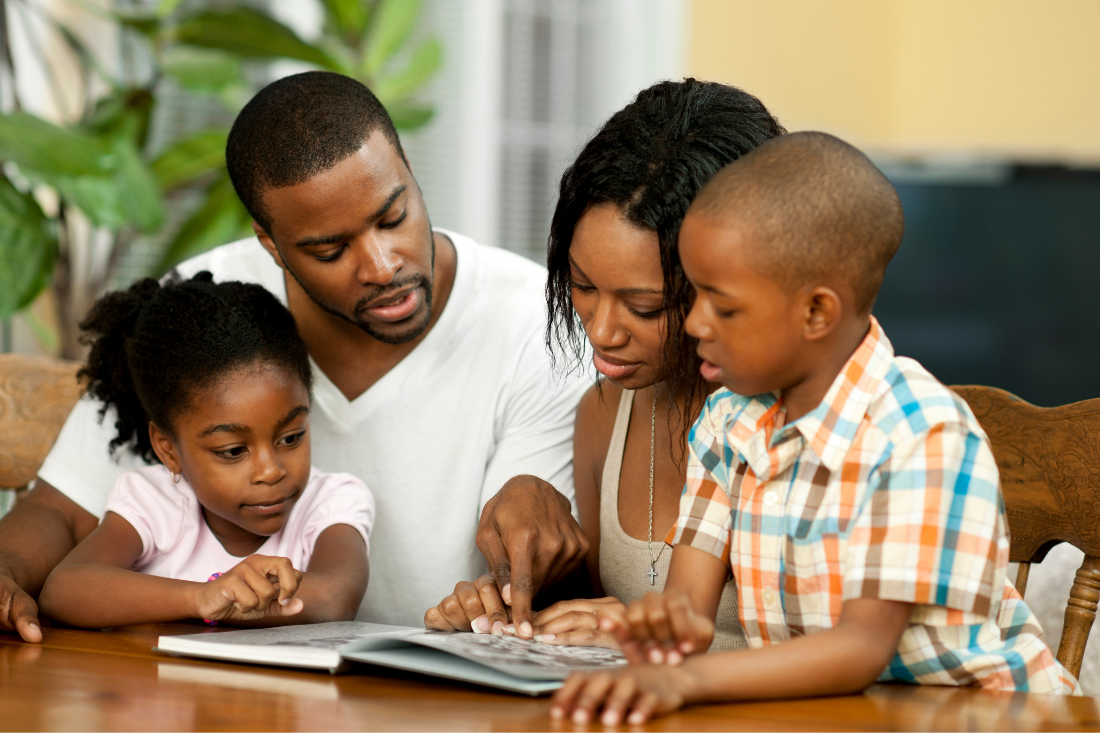
May 26, 2021
J. Stuart Ablon & Michelle Millben, Esq., Founder of Explanation Kids.
Over the last year, adults have been faced with talking to kids about a pandemic that changed how we live and go to school, a presidential election and the insurrection that followed, and the series of cruel reminders of the deadly presence of racism in our world. Fortunately, many organizations have stepped in, providing guidance about how to talk to kids about such challenging topics. What seems to be missing from this dialog is how to listen to kids during deeply scary, troubling, and traumatic times.
As adults, when we are scared, confused, or angry, we strive for some sense of control. We feel more in control when we have words packaged nicely to pass along to our kids. But this often leads to our conversations with kids devolving into lecturing without allowing space to listen. Every parent has been there—talking away and knowing that kids are tuning out.
Indeed, getting our kids to listen to us is a big hurdle. The challenge is even greater in the digital age as kids are doing more listening and thinking about what is happening around them in the world. Kids are gaining more access to information and misinformation from news cycles and in our communities. Kids, even as young as Pre-K age, internalize much of this information, yet often have a hard time expressing and processing what all of these big issues mean to them. Instead of making assumptions about what kids have heard, seen, and what they think and feel about these events, it is in these times that they need the listening ear of adults perhaps more than any wise words.
Parents and educators have shared with us some of the questions that their kids are asking. What is evident from their conversations is this: The hard work of listening is tough, confusing, and at times heartbreaking. However, kids are leaning on adults to take an interest in what is worrying them.
For example, one parent shared that her 6-year-old son thinks that the police are now the bad guys and he cannot tell the difference when playing “cops and robbers.” Another parent shared that after seeing a picture of George Floyd, his 8-year-old son could not tell whether George Floyd was white or Black. His son said, “He is brown, Dad. Not peach like me. So is he white or Black?”
A mother shared that her 7-year-old daughter raised an obvious but stumping question: “If Mr. Floyd was telling the officer that he could not breathe, why didn’t he get up and let him breathe?” And another 9-year-old kid saw news coverage of the protests from last summer and asked her mother “Why are you not doing anything like protesting or making signs?” Others questions ranged from “Why wasn’t George Floyd treated fairly?” or “Why were those people looting?” or “I don’t understand why everyone is upset.”
When kids are encouraged to share their feelings, they may express anger, upset, and disappointment, and they may even say what seems like the wrong thing. We may feel shocked or uncomfortable by such questions. However, we must challenge ourselves to listen.
How can we equip ourselves to handle these kinds of observations and comments? How can we listen effectively when we are upset and often taken off guard in conversations? How can we develop a healthy practice of allowing kids to lead the conversation from time to time? Thankfully, active listening can actually be reduced to using four “tools” that are relatively easy to learn, remember, and practice:
Listening to our kids is a powerful tool for their development. Not only is being heard reassuring and calming, but from a neurobiological perspective it literally puts kids in a position to hear adults and what we have to share. This is not some touchy-feely theory; it is a truth reflected in how our brains process information: When we are upset, worried, or scared, the smartest part of our brain is less accessible. If, however, we can regulate our emotions, we have more access to the higher-level thinking skills involved in listening, processing, and understanding. Empathic listening is regulating. When we do that first, our kids will hear a lot more of what we have to say. Stated differently: If we want our kids to listen to us, we need to start by listening to them.
A special thank you to Michelle Millben for co-authoring this article.
Michelle Millben, Esq. is a former White House, Justice Department, and Capitol Hill official and Founder of Explanation Kids.
This article originally appeared in Psychology Today.